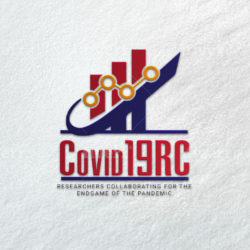This thread lists COVID-related papers recently published in the Working Papers series of the National Bureau of Economic Research (United States).
From the 27 July edition:
- Assessing the Age Specificity of Infection Fatality Rates for COVID-19: Meta-Analysis & Public Policy Implications, by Andrew T. Levin, Kensington B. Cochran, and Seamus P. Walsh
- Racial and Ethnic Disparities in COVID-19: Evidence from Six Large Cities, byJoseph A. Benitez, Charles J. Courtemanche, and Aaron Yelowitz
NOTE: The NBER Working Papers series publishes early findings of ongoing research to encourage discussion and collect suggestions for revisions. Papers are neither peer reviewed nor endorsed by the NBER Board of directors.
